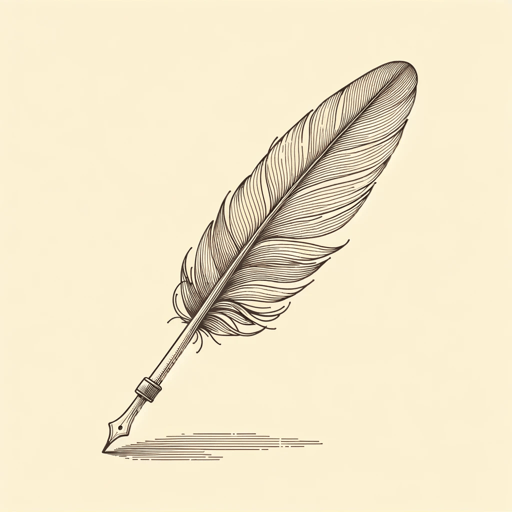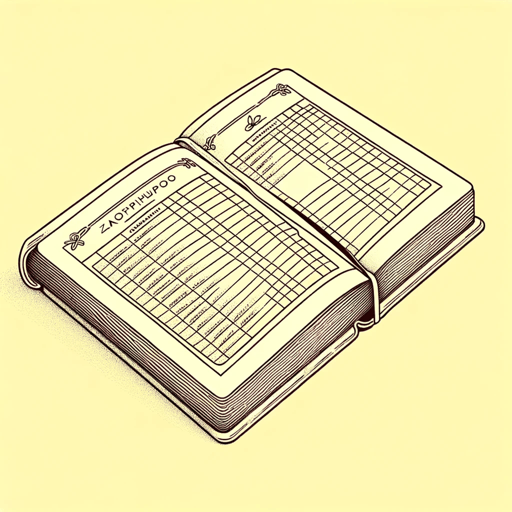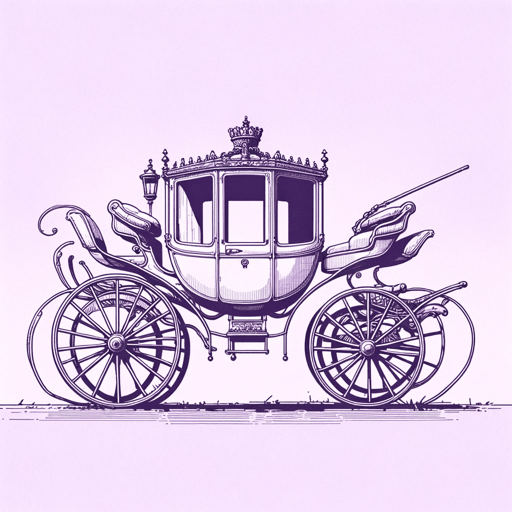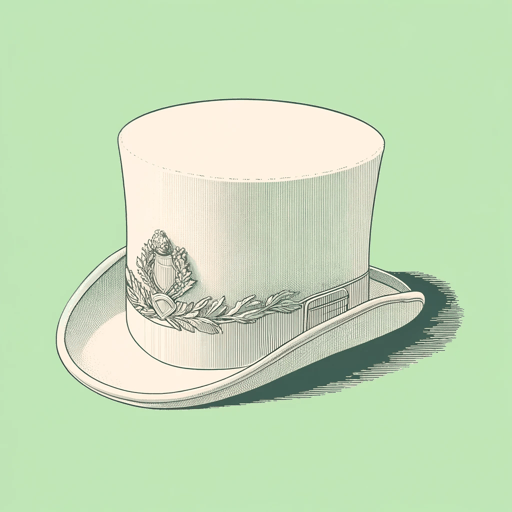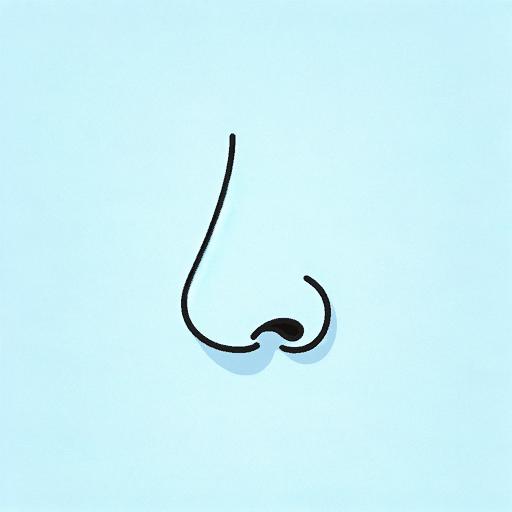27 pages • 54 minutes read
Nikolai GogolDiary of a Madman
Fiction | Short Story | Adult | Published in 1835A modern alternative to SparkNotes and CliffsNotes, SuperSummary offers high-quality Study Guides with detailed chapter summaries and analysis of major themes, characters, and more.
Important Quotes
“Today the most extraordinary thing happened to me. I rose rather late this morning, and when Mavra brought me my polished boots I asked her the time.”
(Page 158)
These two sentences open the story and bring out the comedic tone as well as the character of Poprishchin. While the first sentence raises expectations of a surprising event being related, what immediately follows is mundane and ordinary. Poprishchin regularly gets distracted by minor details in his telling of the story, and in this case, he only gets to the “most extraordinary thing” after a couple of pages.
“She did not recognize me, and I tried to conceal myself deeper in the folds of my coat, because the coat was covered with stains and, to make matters worse, quite out of fashion. Nowadays people wear cloaks with tall collars, while mine had several collars one on top of the other, and all of them short, and the cloth was of very inferior quality.”
(Page 159)
This quote also exhibits Poprishchin’s propensity for superfluous details; the coat is not only filthy but also out of fashion. It also illustrates Gogol’s propensity for including absurd details. For example, it is hard to imagine what a coat with “several” collars even looks like, or what purpose all of these collars could serve.
“I swear—I’d stake my salary on it!—never in my life have I heard of a dog that could write. Only a gentleman knows how to write properly. There are of course a few shopkeepers and even the occasional serf who can copy things, but their writing is largely mechanical: without commas, full-stops, or any sort of style.”
(Page 160)
After admitting to himself—absurdly—that dogs’ ability to speak is perhaps not so surprising, Poprishchin reserves his shock for dogs’ ability to write. Rather than contrasting dogs with humans generally, he instead contrasts them with aristocrats, and he also makes distinctions between the “proper” and sophisticated writing of the learned nobility and the ungrammatical, less stylized writing associated with poorer and less educated people. What surprises him is the dogs’ appearance of possessing a characteristic of human aristocrats—proper writing.
Related Titles
By Nikolai Gogol
